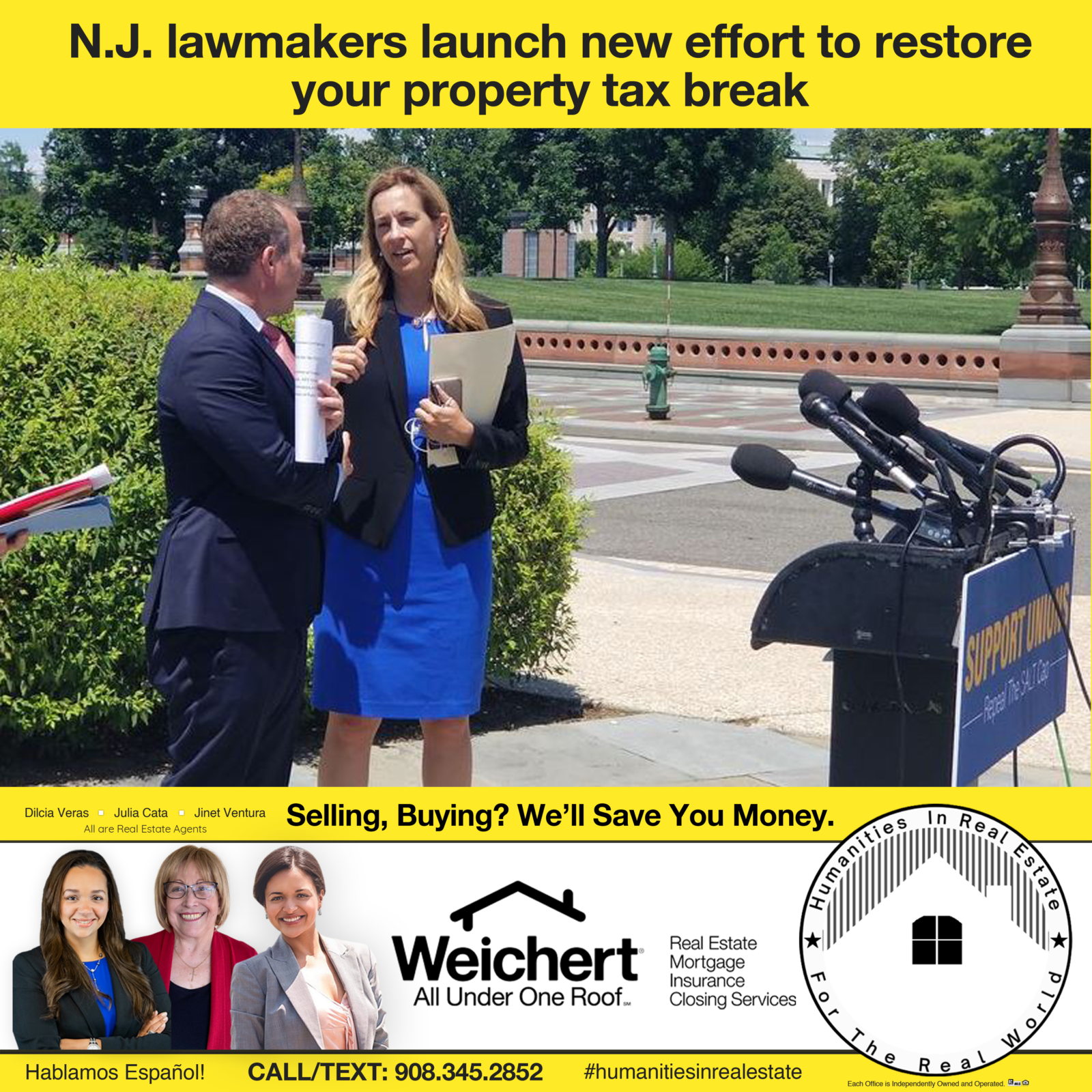After then-President Donald Trump and congressional Republicans capped the federal deduction for state and local taxes at $10,000, New Jersey officials began trying to get around the limit.
Their idea: Municipal charitable funds that residents could donate to in lieu of paying state and local taxes. Those donations are not capped. But Trump’s treasury secretary, Steven Mnuchin, and the Internal Revenue Service shot it down.
Now leaders of the effort to restore the full deduction want to block the IRS from enforcing its ruling.
On Wednesday, Reps. Mikie Sherrill, Josh Gottheimer and Tom Malinowski and colleagues from New York and California asked the House Appropriations subcommittee with jurisdiction over the IRS to prevent the agency from spending any money to enforce the restrictions against municipal charitable funds.
“Particularly at a time when high cost of living states continue to see prices skyrocket, the IRS should not be using appropriated funds to prevent those very states from delivering critical relief to their residents,” the lawmakers wrote.
This is the same way proponents of legal cannabis for years have blocked the U.S. Justice Department from enforcing federal marijuana laws in states that have legalized weed for medicinal purposes.
“We are looking for any vehicle to provide relief to New Jerseyans,” said Sherrill, D-11th Dist.
In addition, Gottheimer, D-5th Dist. said lawmakers planned to ask current Treasury Secretary Janet Yellen to overturn her predecessor’s ruling.
“If you’re giving money to your communities to support these purposes, whether it’s law enforcement or other, why shouldn’t you be able to deduct it?” said Gottheimer, co-chair of the Congressional SALT Caucus, which uses the acronym for the State and Local Tax deduction.
“We believe there was a snap decision made by the last administration,” he said. “They should reverse course.”
The IRS had previously approved charitable accounts to allow taxpayer subsidies for private schools. But in this case, top Treasury officials, in what the agency’s inspector general called a departure from normal procedure, inserted themselves into the debate before the decision was made.
The $10,000 cap disproportionately affected New Jersey and other high-tax states, including Connecticut, home of Appropriations chair Rosa DeLauro. Most of those states traditionally have sent billions of dollars more to Washington than they receive in services.

